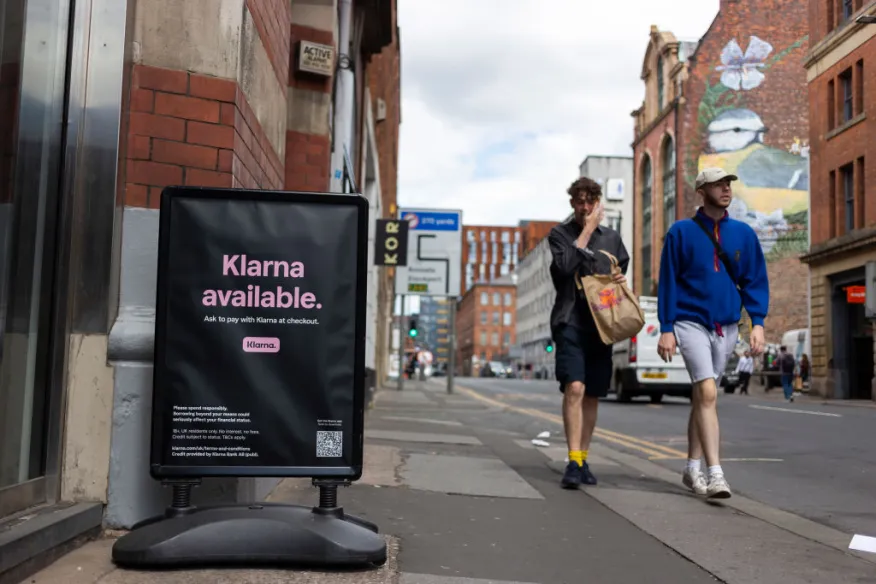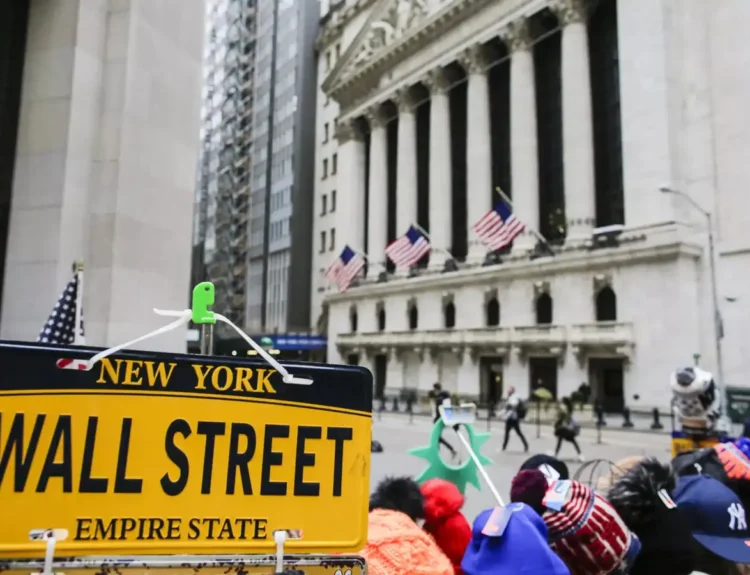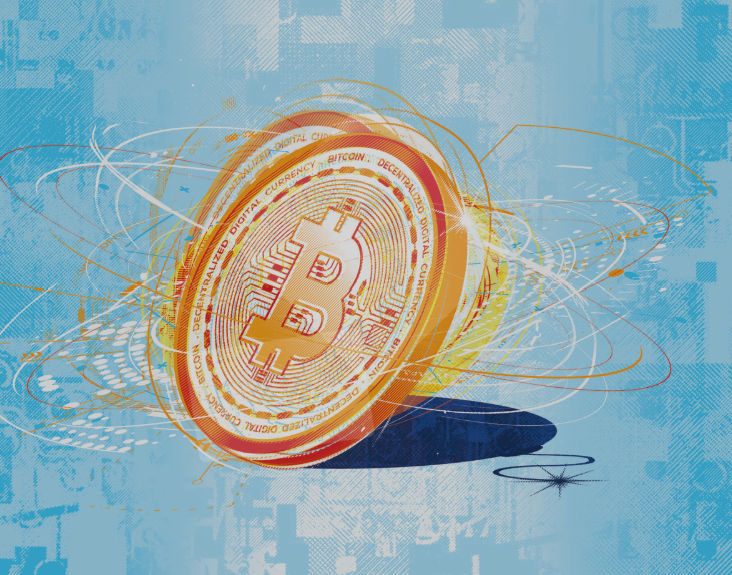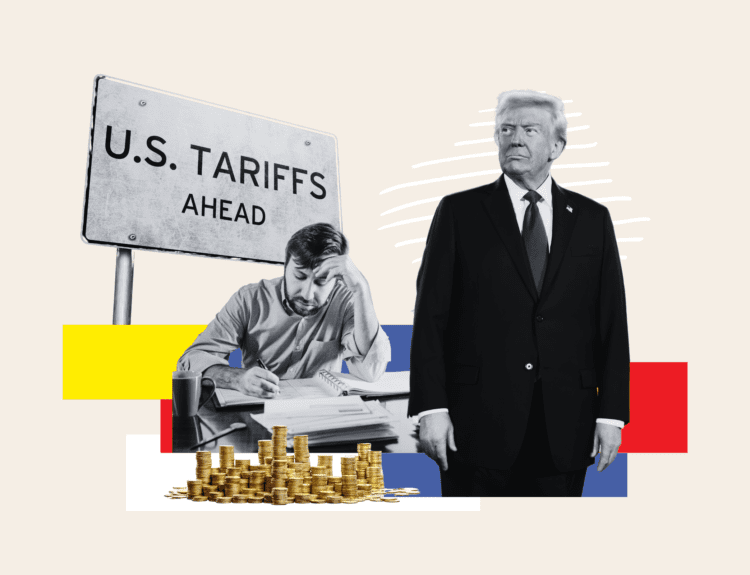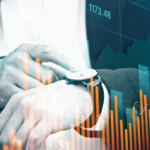Americans are leaning harder than ever on Buy Now, Pay Later (BNPL) services, using them not just for luxury purchases but increasingly for everyday essentials — including groceries, gas, and even utility bills.
A Growing Dependence
Recent data show BNPL usage jumped 40% year-over-year. A report from Adobe Analytics revealed that Americans spent a record $75 billion through BNPL platforms in 2024 — a sharp increase from $62 billion in 2023.
But while services like Affirm, Klarna, and Afterpay promise quick, interest-free installment payments, critics warn that these loans are unregulated, easy to overuse, and potentially dangerous.
BNPL for Essentials? – A shocking trend is emerging:
- 27% of BNPL users have used these loans to pay for groceries
- 21% have used BNPL for gas
- 20% have used them for utility bills
In a 2025 survey by LendingTree, over 50% of respondents said they feel financially stressed about paying back their BNPL purchases. And one-third admitted they are already behind on payments.
The Risk of a Debt Spiral
Experts are sounding the alarm that the BNPL boom could be the next financial time bomb. “People think of it like free money,” said Matt Schulz, chief credit analyst at LendingTree. “But it’s still debt, and it can pile up fast.”
The ease of access — often requiring just a few clicks at checkout — combined with no credit check requirements means many consumers rack up multiple loans across different apps, losing track of how much they owe.
No Federal Protections (Yet)
BNPL services are still lightly regulated compared to credit cards.
- They don’t require lenders to assess a borrower’s ability to repay.
- They don’t offer the same consumer protections, like dispute rights or fair billing practices.
The Consumer Financial Protection Bureau (CFPB) is studying the sector and is expected to propose new regulations later this year.
Warning Signs
Some early cracks are showing:
- Delinquencies on BNPL loans are rising.
- Affirm reported an uptick in missed payments in its latest quarterly results.
- Younger consumers (especially Gen Z) are more likely to fall behind, surveys show.
What It Means for the Economy: As Americans load up on small, often overlooked debts through BNPL, analysts worry about the broader impact:
- Missed payments could hurt credit scores if BNPL firms start reporting to credit bureaus.
- A wave of defaults could ripple through the retail sector.
- Consumer spending could contract sharply if people get squeezed.
Buy Now, Pay Later loans have become a lifeline for millions — but under the surface, they may be creating a new kind of debt crisis. Regulators are watching closely, but for now, the warning is clear: Think twice before you swipe.
Disclosure: This article does not represent investment advice. The content and materials featured on this page are for educational purposes only.
Related:
Trump’s TIME Interview: Key Takeaways on Trade, Foreign & Domestic Policy
Trump denies China’s statement about no trade talks with US, says they met ‘this morning’
Donald Trump to exempt carmakers from some US tariffs
EU slaps Apple and Meta with $800 million in antitrust fines. Meta calls its penalty a ‘tariff’
Tesla Earnings: Profit Plunges 71%, Elon Musk will step back from DOGE
Trump Says China Tariffs Will Be Lower, and ‘No Intention’ of Firing Powell
White House is ‘close’ on Japan, India tariff agreements — but expect them to be light on specifics
Bear Market Survival Guide: How to Stay Smart, Calm, and Positioned for the Rebound


